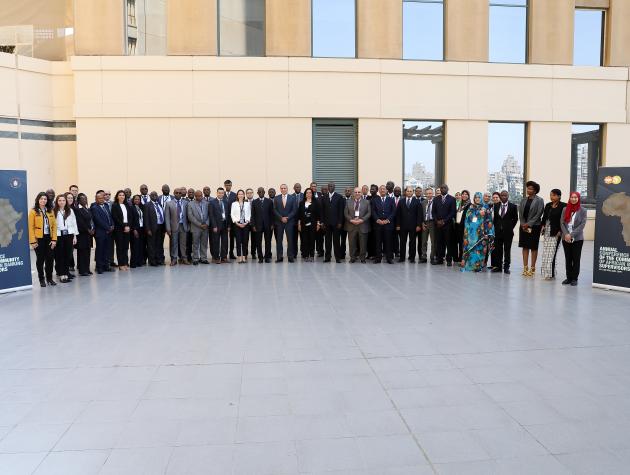Industrial policy and risk sharing in public development banks: Lessons for the post-COVID response from the EIB and EFSI
Abstract
The European Investment Bank (EIB) and European Investment Fund (EIF) have been key partners in implementing the Juncker Plan (EFSI) (2015–2020), which aims to increase lending to economically or socially valuable projects too risky to receive private finance through leveraging scarce budgetary resources, and going forward will play an important role in the EU’s post-COVID industrial policy response.
In order to evaluate these initiatives, this paper: 1) distinguishes between “real economy” risks arising from natural uncertainty relating to investments in certain types of projects or sectors and “financial” risks that are related to financial products or intermediaries themselves, and create the danger of subsidising the profits of private investors while socialising their risk of losses; and 2) outlines the trade-off between increased leverage and policy steer and control over projects due to the number of intermediaries involved, and the need to make projects attractive for private investors.
The authors argue that EFSI has made significant achievements, including enabling the EIB and EIF to provide long-term finance in the post-crisis period and to take more “real economy” risk, leading to valuable investments that would otherwise have not taken place. However, member states’ budgetary constraints have created incentives for EFSI to focus excessively on increasing leverage, at the expense of policy steer. Furthermore, the use of complex financial products and opaque pricing methods with terms too generous for private investors has in some cases generated excessive “financial risk” at the expense of “real economy risk”. In order to increase investment in the real economy and play a role in structural transformation, the EIB’s post-COVID response must have a greater focus on the final beneficiaries of projects rather than on the private financial intermediaries themselves. In those cases where it is necessary to use intermediaries, performance related conditionalities should be strictly enforced to have greater control over projects.
Stephany Griffith-Jones is Financial Markets Director at the Initiative for Policy Dialogue at Columbia University.
Natalya Naqvi is Assistant Professor in International Political Economy at the London School of Economics and Political Science, and a former Global Leaders Fellow (2016–18) at the Global Economic Governance Programme.





